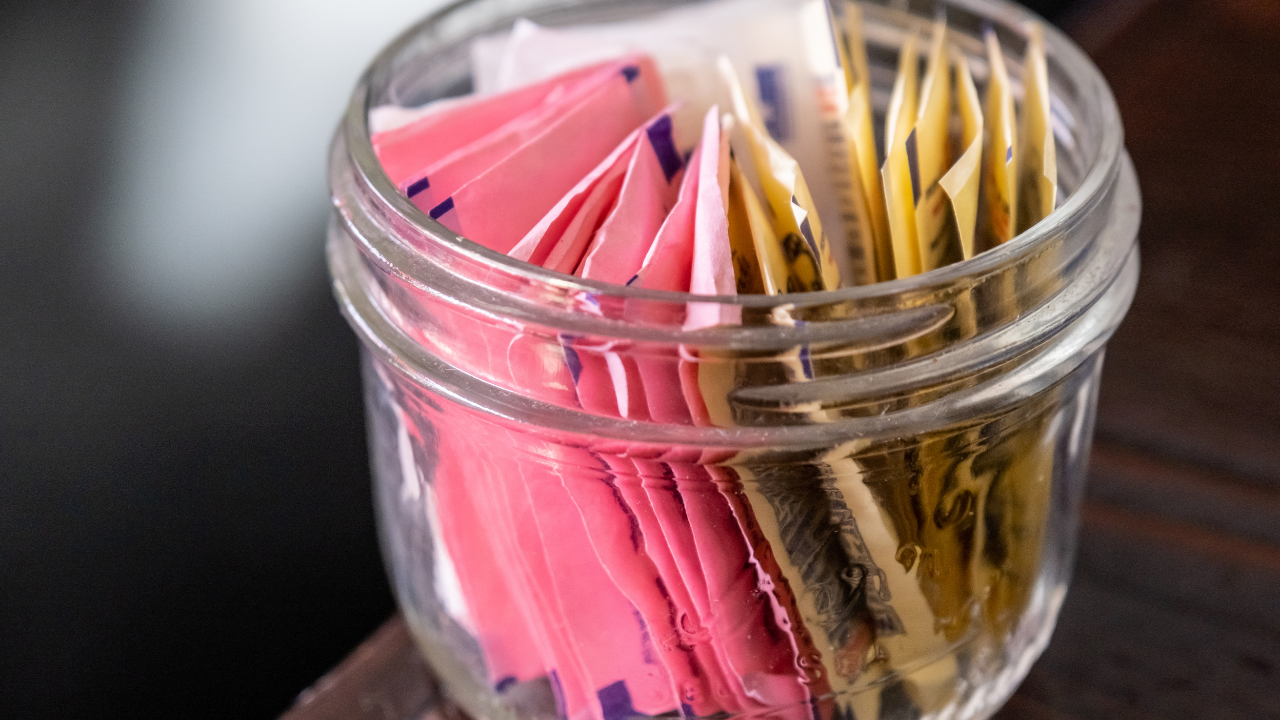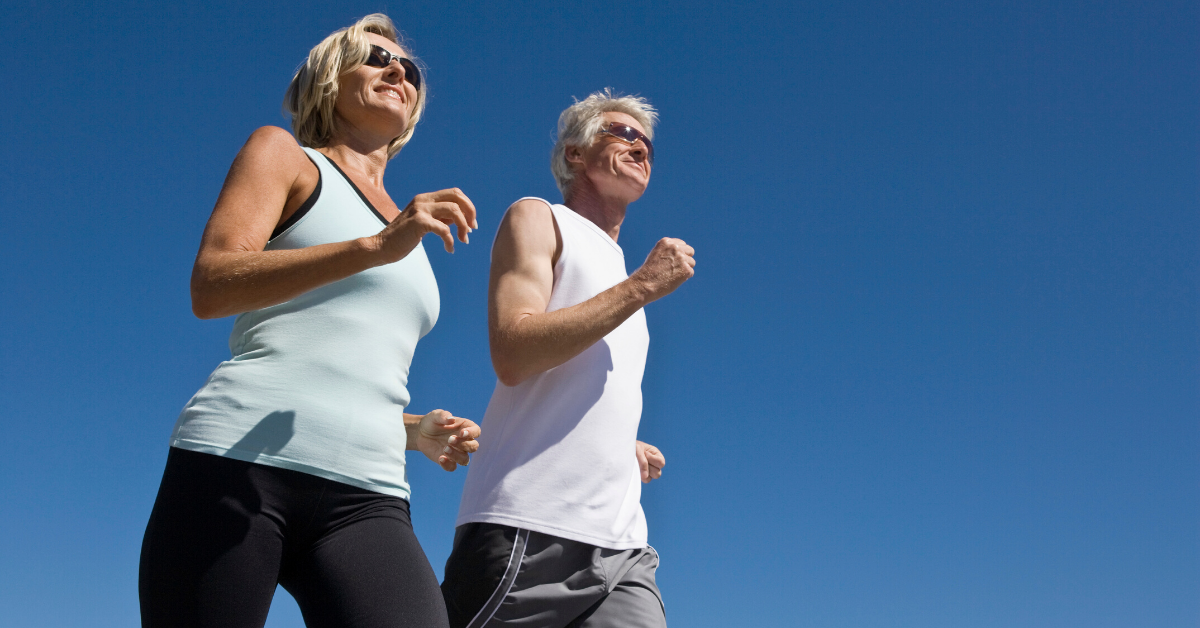How do I change who I am as a person? I’ve found myself wondering this from time to time. Sometimes I’ve felt it is possible for me to change, but often I’ve felt that I can’t change, that my personality is stuck. So I decided to have a good look at this idea. How do I change myself as a person?
Is it possible to change my personality?
Research has shown that young people are now using their thumbs for pointing. They’re using their thumbs in a way that the older generation use their index finger. This has come about because of the way they use their thumbs (both of them!) to type on a smart phone. They kept on repeating it and repeating it until it became a habit. That habit spilled over into other parts of their life without them even thinking about it – some of them started pointing with their thumbs.
So, you can change in some profound ways if you practice, repeat, practice, until you make a new habit. Of course, I’m talking about a physical thing here. You may be thinking: “Well, that’s OK for physical things. But what about the rest of it? What about minds and character?”
How can I learn to be happy with myself?
Richard Davidson is the founder and chair of the Center for Investigating Healthy Minds at the University of Wisconsin, USA. He says:
“There’s no question that certain genetic propensities provide some broad constraints. But within those broad constraints, there’s a huge amount that each of us does that will influence our level of happiness and well-being.”
He’s saying that we are made in a certain way, but we can influence it.
He goes on to say, and I think this is particularly interesting:
“These days I talk about happiness and well-being as being skills. And we don’t normally think of them as skills, but there’s fundamentally no difference between well-being and learning to play a musical instrument. If you practice you’ll get better. All of my work is pointing in that direction.”
So we can learn to change our emotions. We can learn to be happy. Richard Dawson was asked what single piece of advice he would give to help people become happier. This was his reply:
“Well the first thing I would suggest to them is that it is possible to change. One’s current level of well being or happiness does not necessarily imply that that’s where a person is stuck. It is possible to change. I would encourage anyone who wants to change to explore all kinds or routes and to find one that seems best for them.”
Neither he nor I are suggesting there is a magic wand you can wave to become happier. You need to practice, take feedback and keep practicing. Aristotle said:
“We are what we repeatedly do. Excellence, then, is not an act, but a habit.”
A study by psychologists at the Martin-Luther-Universität Halle-Wittenberg found that simple exercises can help to make people more playful and consequently feel more satisfied with their lives. They found that the trait can be stimulated and trained – and that this improves a person’s mood.
The researchers had participants in an experiment perform a week of exercises to boost their playfulness. Before going to bed, they either had to write down three situations from that day in which they had behaved particularly playful, or they were to use their inclination to be playful in an unfamiliar situation, for example in their professional life, and write down that experience. Or they were to reflect more broadly on the playful behaviour they had observed in themselves that day. In contrast, the placebo group received a task that had no influence on the experiment.
The researchers say:
“Our study is the first intervention study on adults to show that playfulness can be induced and that this has positive effects for them.”
I’m choosing to write about becoming happy or being more playful, because these are things we often feel are beyond our control. We get buffeted by external circumstances, which decide whether or not we are happy. But if you accept that the research shows that we can learn to be happier (or more playful), what else can we learn?
We can practice and learn skills for all sorts of things. We can learn to be more creative, more patient, or more sociable or less angry. We can become happier or more confident, just like we can learn to play a piano.
“Change is not something you do some days and then take a break from other days. Change is a shift in lifestyle. It requires daily dedication, to the point where that new habit takes the place of an old one and no longer requires conscious effort.”
I think there are limitations to this. I don’t get the idea we can change our personalities entirely. It’s more a question of learning to remove the sharp edges and the pointed corners of our personalities.
You may be saying that you know all this, that I’m not saying anything new and interesting. If you know this already, why are you not practicing being happy or being more patient? (I’m assuming you are reading this blog post because you want to change your behaviour).
Many people me included, have a tendency to think that if they understand something they don’t need to take action. I think this is particularly a problem for people who grasp ideas quickly. Maybe you find yourself, like me, thinking: “Yes, got that. What’s next?”
“We generally have the intellectual capacity to quickly grasp concepts and ideas which can lead us to mistakenly believe we also know how to execute on them right away. The reality is that we don’t- not until we practice, get feedback, refine our approach and practice again.”
She goes on to say:
“This is hard to do. Learning something new means being clumsy at it initially, making mistakes, course-correcting, and trying again. It’s uncomfortable. And even when we know the skill is valuable, it often makes our work more difficult at first, causing many leaders to stop trying new things and revert to old habits.”
She’s talking her about being a leader in business, but it also applies to learning a new skill in our every day lives. We have to be prepared to be clumsy, to make mistakes, maybe even be a bit foolish on our way to learning to be happier or more confident.
Of course, it’s important to get feedback – either by giving it to yourself or by asking someone else that you trust to help you by giving you constructive feedback. Otherwise you are in danger of just repeating the same thing over a again. Remember you’re on a learning curve and learning involves making mistakes and re-evaluating what has happened. Don’t expect that you will get it right every time right from the start.
Be gentle with yourself and congratulate yourself for trying new things rather than staying within your comfort zone. If you find it difficult, you may want to ask for support from professionals. Many complementary and alternative practitioners can help you become more the person that you want to be. Don’t feel you’re a failure, if you seek help. It’s a sign of self-respect when you seek effective help from others. But if you find yourself trapped by perfectionism, read my blog post on that.
Bit by bit, day by day, you will become more like the person you want to be.


